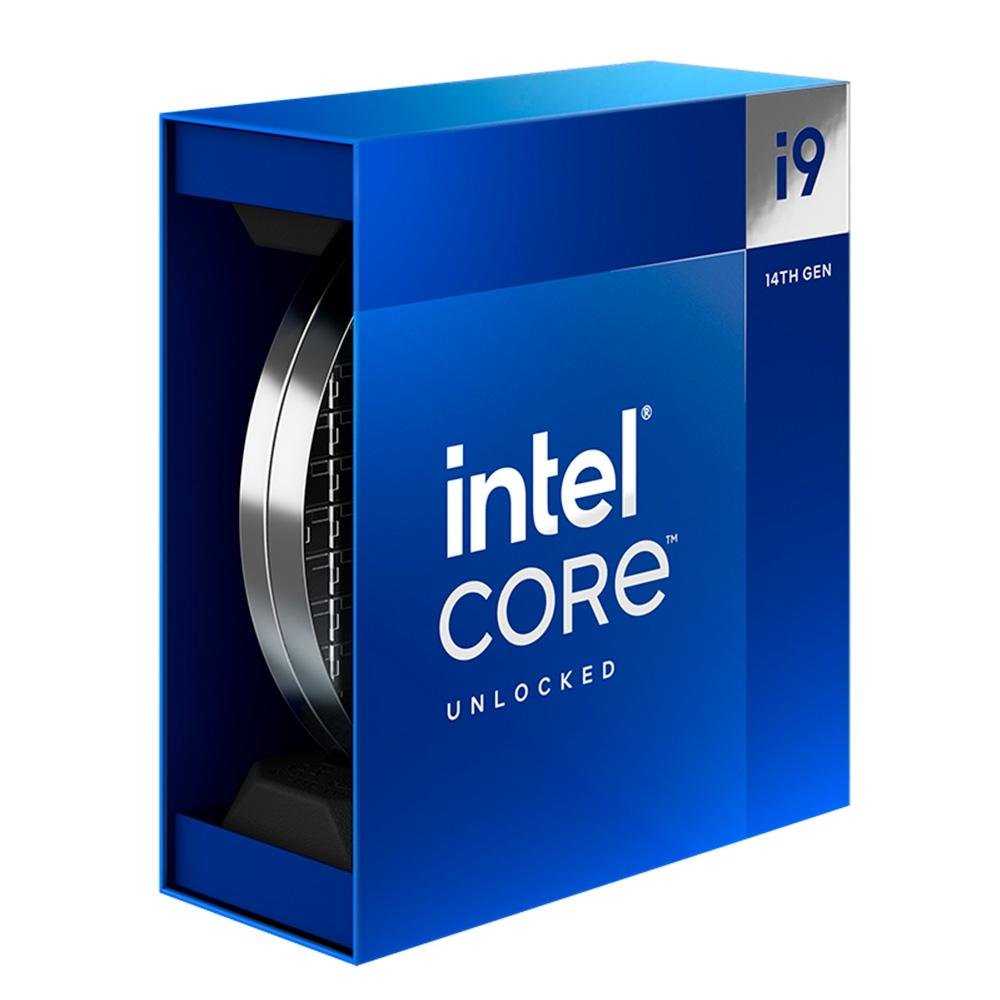Quantum computing is no longer just a theoretical concept—it’s rapidly evolving into a tangible technology with the potential to revolutionize industries and solve complex problems that classical computers cannot handle. While the technology is still in its early stages, quantum computing services are now available to developers, providing them with the tools, resources, and frameworks needed to explore this new frontier in computing.
Quantum computing is a new paradigm of computation that leverages the principles of quantum mechanics to process information. Unlike classical computers, which use bits as the smallest unit of data (either 0 or 1), quantum computers use quantum bits, or qubits. Qubits can exist in multiple states simultaneously due to the quantum phenomenon of superposition, allowing them to perform complex calculations at speeds unimaginable for classical machines.
Quantum computers also make use of another quantum phenomenon called entanglement, where qubits become linked in such a way that the state of one qubit directly affects the state of another, even if they are separated by vast distances. This allows quantum computers to perform parallel computations, exponentially increasing their computational power.
Despite its potential, quantum computing is still in its infancy. However, various companies and organizations are developing quantum computing services that enable developers to access quantum hardware and software frameworks to begin building quantum applications.
Why Quantum Computing is Important for Developers
Quantum computing presents a massive leap in computational power, offering solutions to problems that would be impossible for classical computers to tackle. For developers, this opens up a wide range of opportunities to explore new types of algorithms and create innovative solutions in fields such as cryptography, drug discovery, machine learning, optimization, and artificial intelligence.
Quantum computers are particularly well-suited for tasks that involve enormous amounts of data or require highly parallel processing. This includes problems in fields like material science, financial modeling, logistics, and more. As quantum computing services become more accessible, developers will be able to create applications that take advantage of these capabilities.
Early Access to Revolutionary Technology
One of the key benefits for developers is early access to quantum computing technology. As the field is still in development, the ability to experiment with quantum hardware and software gives developers a competitive advantage in understanding how to leverage quantum principles in practical applications. Getting involved early also allows developers to be part of a rapidly evolving field, positioning them as experts as quantum computing matures.
Solving Complex Problems
Classical computers are limited by the constraints of binary logic and processing power. Some problems, like factorizing large numbers or simulating quantum systems, are inherently difficult or impossible for classical computers to solve efficiently. Quantum computing offers solutions by exploiting the principles of quantum mechanics, enabling developers to build applications that solve previously intractable problems.
Quantum Computing Services for Developers: What’s Available?
As quantum computing advances, several major players in the tech industry are offering quantum computing services that developers can use to access quantum hardware, tools, and software frameworks. These services lower the barriers to entry for developers interested in quantum computing by providing cloud-based platforms that do not require ownership of expensive quantum hardware.
IBM Quantum Experience
IBM offers one of the most well-known quantum computing platforms for developers, known as IBM Quantum Experience. This cloud-based service provides access to real quantum computers through the IBM Quantum Cloud. Developers can use the IBM Qiskit SDK to write quantum algorithms and run them on IBM’s quantum hardware. The platform also includes a simulator that allows developers to test algorithms on virtual quantum systems before running them on real hardware.
The IBM Quantum Experience platform is designed for both beginners and experienced quantum programmers. It offers tutorials, educational resources, and a growing community of developers interested in quantum computing. With IBM’s commitment to advancing quantum computing research, developers using their platform can access cutting-edge quantum technology.
Microsoft Azure Quantum
Microsoft’s Azure Quantum is another powerful platform that provides quantum computing as a service. It combines quantum computing with cloud infrastructure, offering a suite of tools to build, simulate, and deploy quantum applications. Azure Quantum supports a range of quantum hardware providers, including Honeywell, IonQ, and Microsoft’s own quantum simulator.
The platform also offers a variety of programming languages, including Q#, Microsoft’s domain-specific language for quantum computing. This enables developers to write quantum programs that can be run on both classical and quantum hardware, providing a seamless integration between quantum and traditional computing.
Google Quantum AI
Google has been at the forefront of quantum computing research, and their Google Quantum AI platform is designed to bring quantum computing to developers and researchers. Google’s quantum computing service focuses on solving practical problems in fields such as chemistry, materials science, and machine learning.
Through Google Cloud, developers can access the company’s quantum processors, including their 54-qubit Sycamore processor. Google also provides the Cirq quantum programming framework, which is an open-source library for writing and simulating quantum circuits. Cirq is designed to be compatible with a variety of quantum processors and can be integrated with other Google Cloud services for machine learning and optimization tasks.
Rigetti Forest
Rigetti Computing’s Forest platform is another cloud-based quantum computing service that offers access to both quantum hardware and software tools. Rigetti’s quantum computers are built on superconducting qubits, and developers can access these systems via the cloud to develop and run quantum algorithms.
Rigetti’s Forest includes the Quil programming language, which is used to write quantum instructions for execution on their hardware. The platform also provides a suite of simulators, including an analog quantum simulator and a hybrid simulator for running quantum-classical algorithms. Rigetti’s commitment to democratizing quantum computing allows developers to experiment with quantum technology at a lower cost and with greater ease.
Honeywell Quantum Solutions
Honeywell Quantum Solutions offers a variety of quantum computing services aimed at helping developers build and run quantum applications. Honeywell’s quantum computers are based on trapped ion technology, which offers high fidelity and scalability for quantum operations.
Through Honeywell’s Quantum Services, developers can access their quantum computers via the cloud and use the Honeywell Quantum SDK to develop and simulate quantum algorithms. Honeywell is focused on providing developers with tools for solving real-world problems in areas like optimization, finance, and logistics.
Tools and Frameworks for Quantum Computing Development
Alongside the cloud-based quantum computing services, several programming languages and development frameworks have been created to help developers write quantum programs. These tools provide a bridge between quantum hardware and software, making it easier to build, simulate, and deploy quantum applications.

Qiskit (IBM)
Qiskit is an open-source quantum computing SDK developed by IBM that allows developers to write quantum programs for quantum computers and simulators. The SDK includes tools for writing quantum circuits, compiling them, and running them on various quantum hardware platforms. Qiskit is designed for use with IBM’s quantum computers but is also compatible with other quantum systems, making it a versatile choice for developers.
Cirq (Google)
Cirq is a quantum programming framework developed by Google for creating, simulating, and executing quantum circuits. It is designed to be flexible and compatible with different quantum processors, providing developers with a platform to write quantum algorithms in Python. Cirq is open-source, making it accessible to the wider developer community, and is a popular choice for building quantum algorithms on Google’s quantum hardware.
Q# and .NET (Microsoft)
Q# is a quantum programming language developed by Microsoft as part of the Azure Quantum platform. It is designed to work seamlessly with the .NET framework, making it a great choice for developers who are familiar with the Microsoft development ecosystem. Q# allows developers to express quantum algorithms in a high-level language that can be run on both quantum simulators and actual quantum hardware.
Forest and Quil (Rigetti)
Forest is Rigetti’s cloud-based platform for quantum computing, and it includes the Quil programming language. Quil is specifically designed for quantum computing, providing developers with a way to express quantum instructions in a high-level language. The Forest platform also includes a variety of simulators for testing quantum programs before running them on real quantum hardware.
Future of Quantum Computing for Developers
As quantum computing services continue to improve and become more accessible, developers will play a crucial role in shaping the future of this technology. Quantum computing has the potential to revolutionize industries ranging from healthcare to logistics, and developers will be at the forefront of creating applications that solve real-world problems.
The future of quantum computing for developers is promising, with new tools, frameworks, and cloud-based services emerging regularly. As quantum hardware continues to advance, developers will be able to take advantage of more powerful quantum systems, allowing them to create increasingly sophisticated applications.
Quantum computing services are still in their early stages, but they offer developers a unique opportunity to work with revolutionary technology and be part of the quantum computing revolution. By exploring the potential of quantum computing and contributing to its development, developers can help unlock the full power of this transformative technology.
Conclusion
Quantum computing is no longer the realm of physicists alone—it is becoming more accessible to developers, opening up new opportunities for solving complex problems and advancing technology. The services offered by companies like IBM, Microsoft, Google, Rigetti, and Honeywell allow developers to experiment with quantum algorithms, run simulations, and build applications that take advantage of the unparalleled computational power of quantum systems.
As the quantum computing ecosystem continues to evolve, developers will play a vital role in bringing this technology to the mainstream. By leveraging quantum computing services and mastering the necessary tools and frameworks, developers can contribute to solving the world’s most pressing challenges and pave the way for the next generation of computing.
















